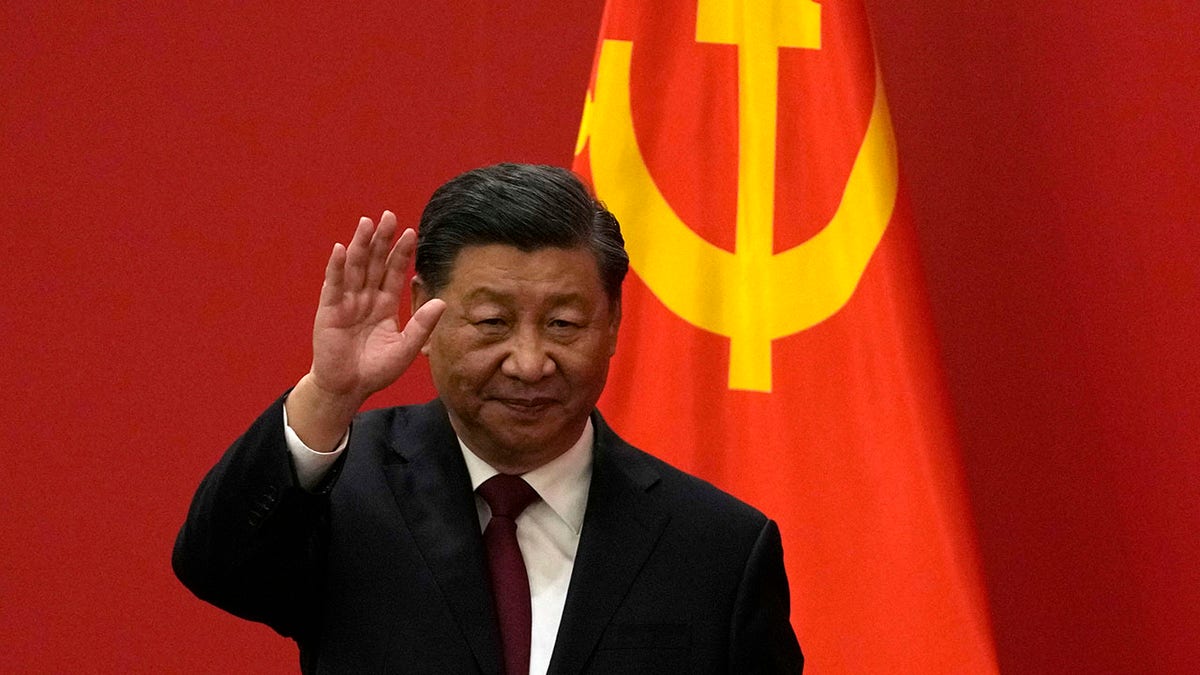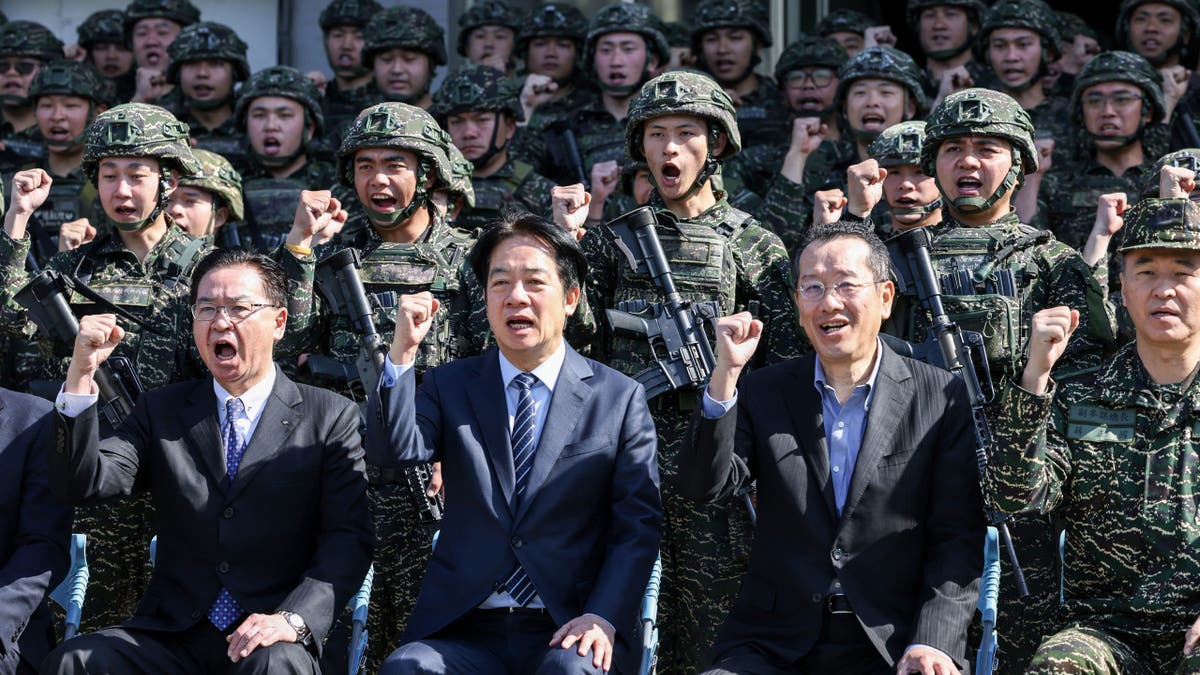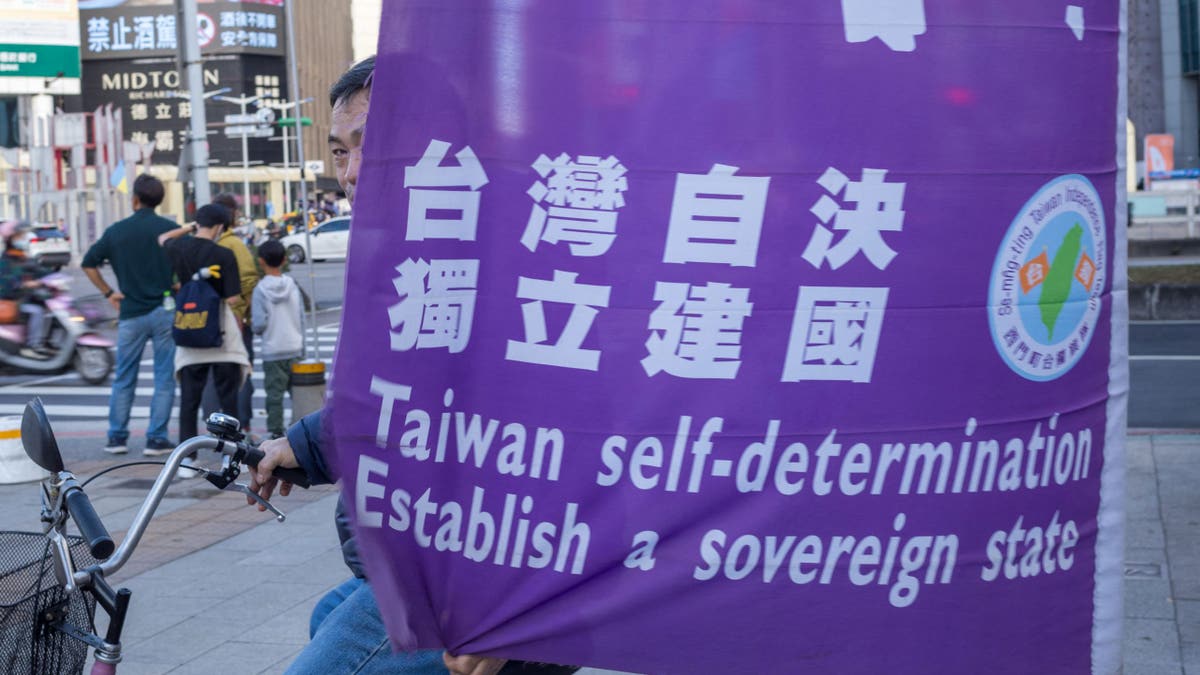KAOHSIUNG, Taiwan — Taiwanese President William Lai is struggling to contain both open hostility and private “wooing” by China. In late March, four Taiwanese soldiers, three of whom were part of a unit that provides security for Taiwan’s Presidential Office, were jailed for up to seven years after being convicted of selling pictures of sensitive information to China.
The verdicts came after last month’s speech in which Lai condemned the Chinese Communist Party (CCP) in the harshest terms used by a Taiwanese leader in modern history. In his remarks, the president said Taiwan will not be “bullied or manipulated” and promised repercussions against those who make “expressions of loyalty to the enemy.”
Lai, aware of Beijing’s “carrot and stick” campaign, warned Taiwanese to be wary of China’s “United Front,” a political strategy employed by the CCP in which they – with plenty of smiles and often “investment” capital – enter international organizations and various influential groups and plant agents who then build alliances with targeted individuals, political parties and other interests.
TRUMP CABINET PICKS DELIGHT TAIWAN, SEND STRONG SIGNAL TO CHINA
Taiwanese President William Lai visits soldiers and air force personnel in Hualien, Taiwan, on May 28, 2024. (Reuters/Ann Wang)
But Taiwan’s government is swimming upstream against a very strong flow of Chinese covert actions backed by huge sums of Chinese money. Last week, Presidential Office consultant Wu Shang-yu, along with two others from the president’s ruling party, were reportedly detained on suspicion of spying for the CCP.
For many Taiwanese, Lai’s enough-is-enough speech and subsequent actions by his government are a welcome change from a period of perceived vulnerability. Lai’s Democratic Progressive Party (DPP) insiders told Fox News Digital that they feel “Taiwan has been on the defensive for far too long” and that their voters “are tired of us being a punching bag.”
The DPP government is also promising to take a harder stance against what it calls Chinese infiltration. Taiwanese citizens found to have Chinese identity cards have had their Taiwan nationality revoked because it is illegal to be a Taiwan/China dual citizen or dual ID holder.

Chinese President Xi Jinping (AP Photo/Andy Wong/File)
China does not accept Taiwanese passports, so those here who wish to travel there must obtain a substitute passport known as “Taiwan Compatriot ID,” but these are for temporary stays. Some Taiwanese have sought a Chinese ID card to make living and working in China easier, but the days of divided loyalties are over, according to Taiwan’s government.
In the days and weeks after Lai’s address, Taiwan’s National Immigration Agency revoked the visas of a handful of Chinese citizens for making online content that contravenes local laws.
CHINA LAUNCHES LARGE MILITARY DRILLS AROUND TAIWAN TO ISSUE ‘SEVERE WARNING’

Taiwanese National Security Council Secretary-General Joseph Wu, President William Lai and Defense Minister Wellington Koo are shown at the Songshan military airbase in Taipei on March 21, 2025. (I-HWA CHENG/AFP via Getty Images)
Taiwan has some of the most liberal free-speech laws in Asia; here one can stand near government buildings, wave China’s national flag and advocate for communism without fear of arrest. But calling for the “violent overthrow of Taiwan’s government by the military of the People’s Republic of China” is a red line, which internet influencer “Yaya in Taiwan” crossed, according to Taiwan’s Ministry of the Interior. “Yaya,” a Chinese national whose real name is Liu Zhenya, lived in Taiwan on a spousal visa and has three children with her Taiwanese husband.
But instead of treating her visa as a privilege, says Taiwan’s government, “Yaya” openly supported the forceful annexation of Taiwan by China. Yaya’s defenders argue that she, and others recently evicted from Taiwan, are being selectively prosecuted.
Yet some here are not buying Lai’s threats. Dr. Huang Kwei-bo, a professor in the Department of Diplomacy at Taiwan’s National Chengchi University, told Fox News Digital that all this “get tough with China” talk is mostly political theater: “These dramatic Lai administration policy proposals are firstly maneuvers aimed at regaining control over Taiwan’s parliament, as well as building momentum for upcoming local elections in late 2026.”
Huang also said Taiwan’s ruling party, the DPP, is “crying out to get the Trump administration’s attention in the hope that Trump’s officials will be more willing to endorse the DPP in power and work with, or include, the Lai administration in any ‘countering China’ policy.”

A pro-independence activist displays a flag in the Ximen District of Taipei on Feb. 3, 2024. (SAM YEH/AFP via Getty Images)
CLICK HERE TO GET THE FOX NEWS APP
Taipei-based political risk analyst and lawyer Ross Darrell Feingold said Lai’s moves correspond with the tough-on-China approach of Secretary of State Marco Rubio and other China hard-liners in the Trump administration: “The Trump administration will want to see a government in Taiwan that is equally tough on China as the United States, whether in the political, trade or military spheres.”
A broad majority of Taiwanese appear to want tougher measures against acts that threaten Taiwan’s national sovereignty, but some analysts note the new tough talk has arrived just in time for Lai’s party as it hopes to succeed in an ongoing effort to remove opposition Chinese Nationalist Party legislators from office, win control of municipal governments in local elections in November 2026 and then help Lai secure a second term in 2028.




